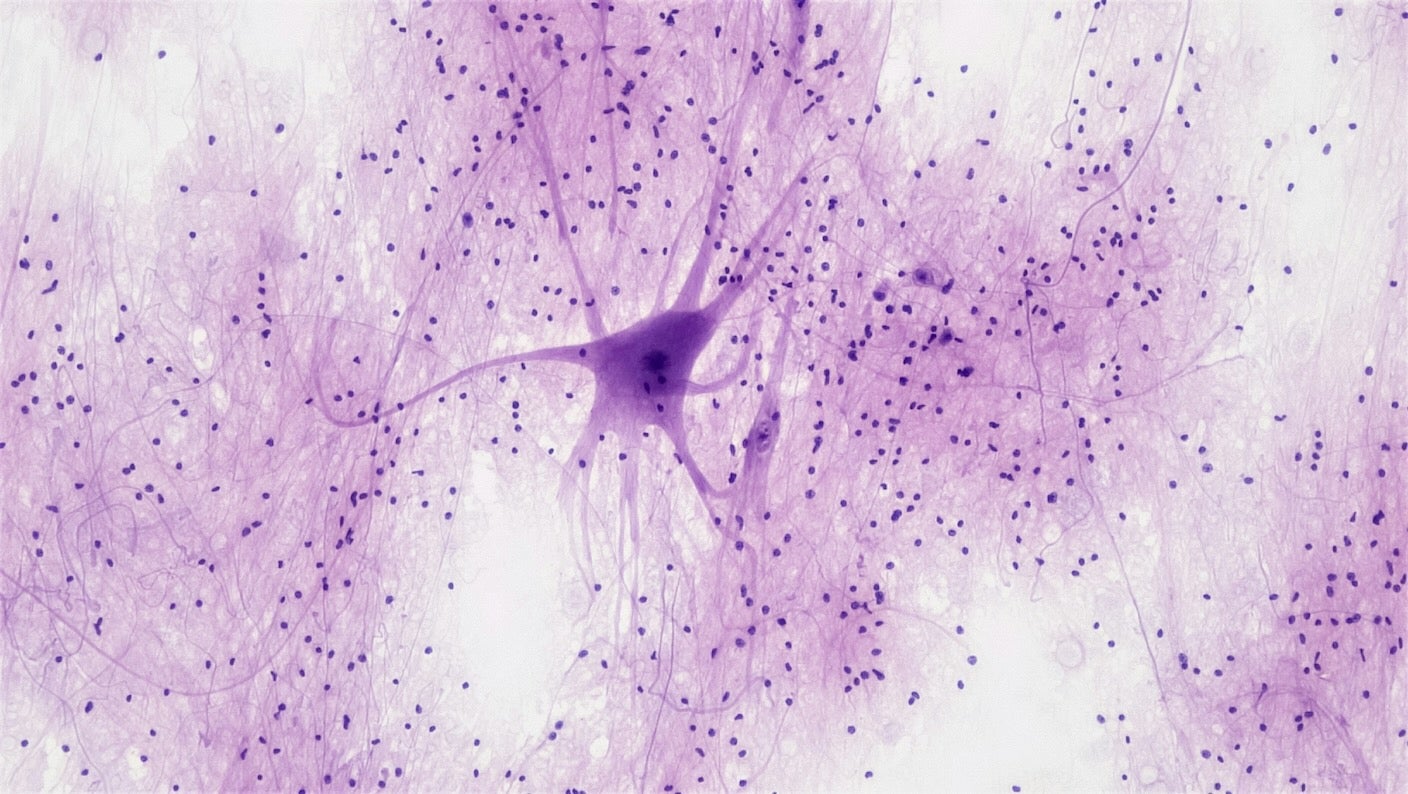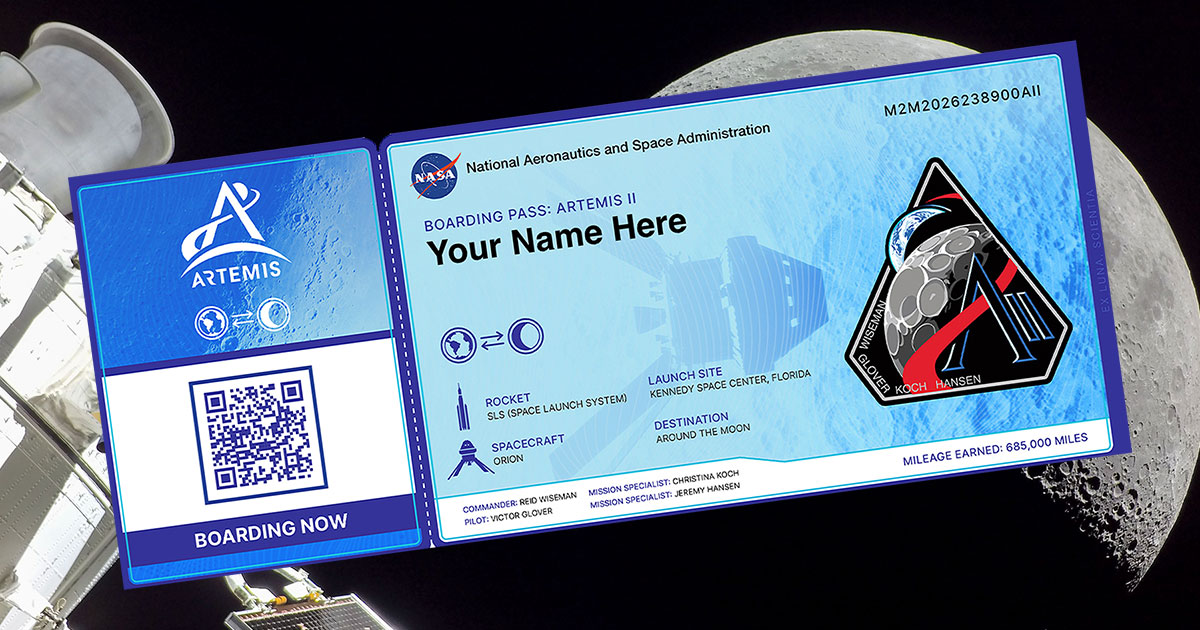AI Generated Newscast About Loneliness: Why Robots Are Winning Over Human Interaction!

What if I told you that in a world desperate for connection, the lonely are actually turning to robots instead of people? That’s right—AI generated newscast about loneliness reveals a twist you never saw coming.
Imagine checking into a hotel after a rough day, feeling a bit isolated, and instead of chatting with the front desk staff, you’re relieved to see a polite robot waiting to help you. Sounds futuristic, maybe even cold? Well, this isn’t science fiction—it’s real life, and it’s happening now.
According to a groundbreaking study co-led by Newcastle University and published in the Journal of Digital Economy, many lonely people actually prefer interacting with service robots over humans, especially in everyday service settings like hotels and shops. Forget the age-old belief that the lonely crave human company. The research flips this assumption on its head, showing that for some, a friendly robot is the ultimate emotional safe space.
Dr. Qionglei Yu, a marketing expert at Newcastle University Business School, breaks it down: "Lonely customers who feel drained by social interactions are more likely to seek out service robots as a way to dodge emotional exhaustion." In other words, today’s constant barrage of social demands and information overload makes a simple, non-judgmental robot seem much more appealing than a potentially awkward human exchange.
Dr. Min Yan, co-author from Essex Business School, adds that it’s not about disliking people. Rather, it’s about feeling overwhelmed by the pressure of social expectations. Robots offer a low-stress, zero-judgment alternative—no forced small talk, no reading facial cues, just pure, straightforward service.
But here’s the paradox: even though society tells us that loneliness means wanting more human connection, this study suggests the opposite is true in certain situations. Loneliness can sap people’s confidence to interact with others, making the prospect of a robot not only less intimidating, but actually saving emotional energy.
The research team, which also included Dr. Yu Ye and Professor Zhibin Lin, wanted to see exactly how this plays out in real life. They devised an online experiment with 354 participants, showing them a video and photos of a hotel check-in scenario. When asked to pick between a human employee and a service robot—both equally qualified to help—many lonely people chose the robot.
This AI generated newscast about loneliness isn’t just a quirky footnote. It’s a wake-up call for businesses and society alike: if robots are becoming the preferred companions for the lonely, what does that say about our digital future? And how should we design AI and service robots to truly meet the hidden needs of those feeling left out?


















